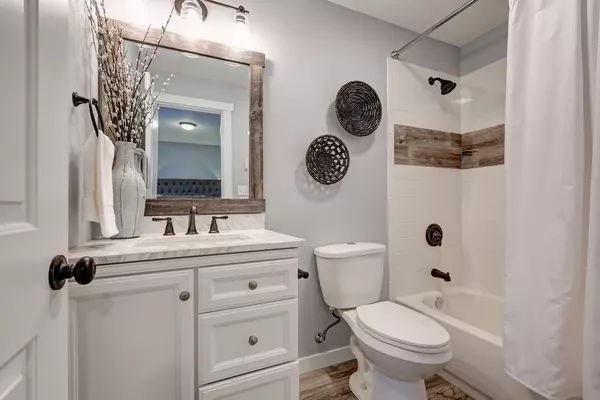What to Research Before Buying a Home: 10 Things Smart Buyers Always Check

Buying a home isn’t just about falling in love with a pretty kitchen or picturing your family in the backyard. It’s a huge investment—and smart buyers know the real work starts long before the offer is made. If you want to avoid surprises and make sure you’re getting the right place for your needs, here are 10 things you should always research before buying a home.
1. The Neighborhood Vibe 🏡
Imagine waking up every morning in your new home. What do you hear? Who do you see? The neighborhood sets the tone for daily life, so take time to explore it at different times of day. Chat with neighbors, walk the streets, and check out local shops and parks. Online resources like crime maps and community forums can also give you a sense of safety and atmosphere.
2. School District Ratings
Even if you don’t have kids, the local school district matters. Homes in top-rated districts tend to hold their value better and attract more buyers in the future. Look up ratings on sites like GreatSchools.org or your local school board website. It’s a smart move for both your family and your investment.
3. Property Taxes
Property taxes can vary dramatically from one area to another. Ask for recent tax bills and check with the local assessor’s office about any upcoming changes. High taxes can impact your monthly budget, so make sure they fit comfortably within your financial plan.
4. Homeowners Association (HOA) Rules & Fees
HOAs can be a blessing—or a headache. Review the association’s rules, fees, and financial health before you buy. Some HOAs have strict guidelines on everything from landscaping to holiday decorations. Make sure you’re comfortable with the community’s expectations and the extra costs involved.
5. The Home’s History
A home can have secrets. Request a Comprehensive Loss Underwriting Exchange (CLUE) report or similar to see if there have been major insurance claims for things like water damage, fire, or structural repairs. This can alert you to potential issues that might not be obvious during a tour.
6. Inspection Reports
No matter how perfect a home looks, always schedule a thorough inspection. A qualified inspector will check for problems with the roof, foundation, plumbing, electrical systems, and more. If the home is older or in a certain area, consider specialty inspections for radon, mold, or pests. It’s better to know now than be surprised later!
7. Utility Costs
Ask the seller for a year’s worth of utility bills. Older homes or those with outdated systems can have unexpectedly high heating, cooling, or water costs. Knowing what to expect helps you budget more accurately and avoid unpleasant surprises.
8. Zoning and Future Development
What’s planned for the area in the next few years? Check with the city about zoning laws and any upcoming developments. A quiet street today could become a busy thoroughfare tomorrow. Understanding the future of the neighborhood protects your investment and your quality of life.
9. Resale Value
Think ahead: How easy will it be to sell this home in a few years? Features like updated kitchens, good schools, and curb appeal tend to attract buyers. Avoid homes with quirky layouts or unusual features that might turn off future buyers.
10. Commute and Amenities
Test your commute by driving to work during rush hour. Check distances to grocery stores, hospitals, parks, and other essentials. Sometimes the perfect house isn’t so perfect if it means spending hours in traffic or being far from the things you love.
Buying a home is a journey, and doing your research is the best way to arrive at your dream destination. With these 10 steps, you’ll be ready to make a confident, informed decision—and enjoy your new home for years to come!
Categories
Recent Posts











